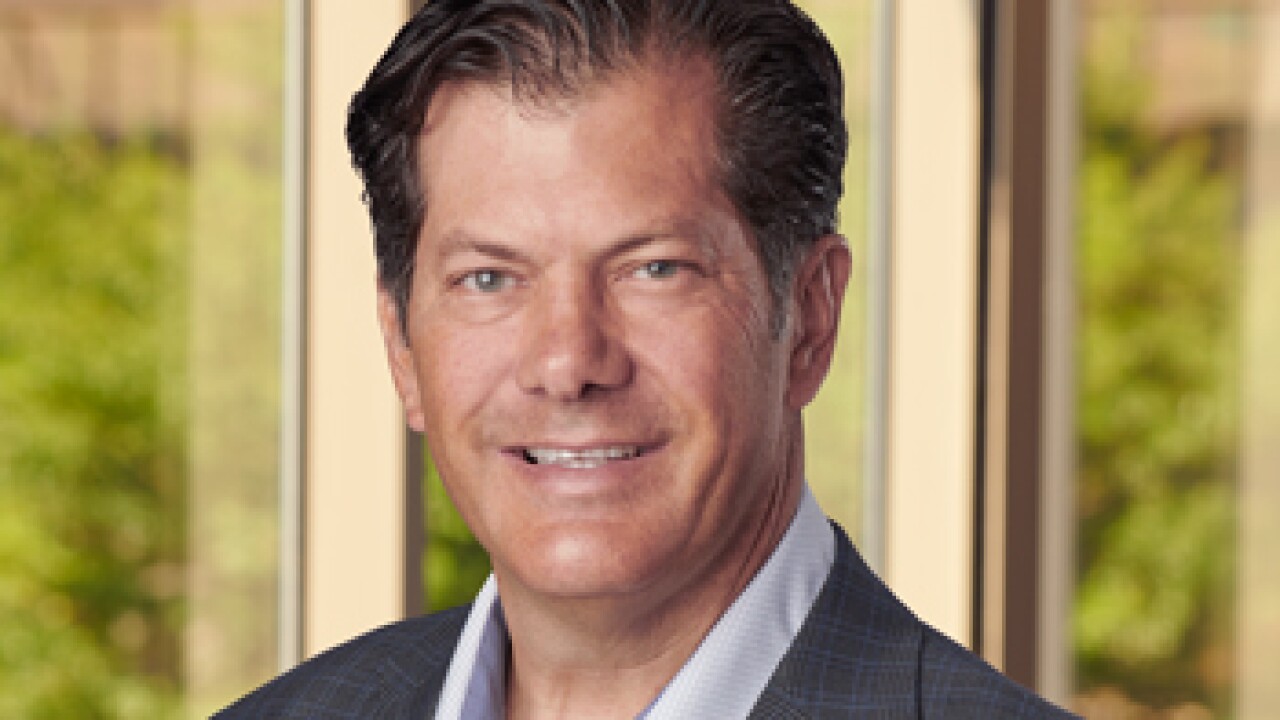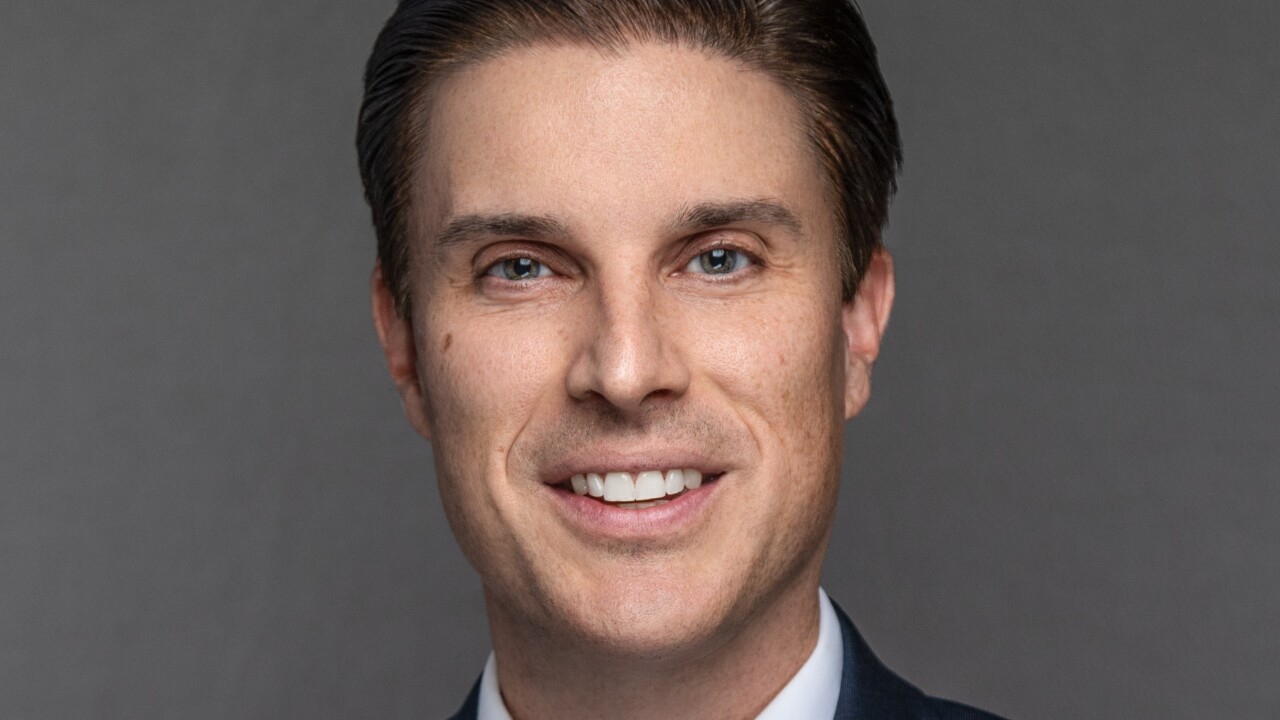It's an axiom of financial planning that the best way to ensure a good retirement is to be consistent and disciplined with savings — and to start sooner rather than later.
Wealth advisors routinely urge clients to sock away as much money as possible from their paychecks. Starting young pays off: A 25-year-old who saves $500 a month for 40 years would have more than $1 million by the time he's 65, assuming a long-term annual return of 6%. Delay things to age 40, and the pot falls to just over $350,000.
A recent study In the Journal of Retirement throws cold water on the save-early proposition.
In an
Low-income workers should also minimize their savings because Social Security will largely replace the income that funded their lifestyles during their working years.
"For many, perhaps most, people in the bottom half of the lifetime earnings distribution,
It's a jarring theory. And it challenges the conventional wisdom that America faces a retirement crisis — a message born out in recent headlines such as "
A better option to squirreling away dollars in a 401(k) is to buy a home early and pay down the mortgage, argue authors Jason Scott, the managing director of J.S. Retirement Consulting; John Shoven, a Stanford University economics professor; Sita Slavov, a public policy professor at George Mason University; and John Watson, a lecturer in management at Stanford Graduate School of Business.
Their findings, previewed in a 2021
That concept attempts to explain how people save and spend throughout their lifetimes. It holds that individuals seek to maintain roughly the same level of spending throughout their lifetimes and avoid sharp swings in consumption. Individuals take on debt or sell assets early and late in life, when income is lower, and save during their prime earning years, when their income is higher.
For Kevin Brady, a financial advisor at Wealthspire Advisors in New York, the study makes sense when it comes to professional people with young children.
"Realistically, oftentimes there truly is minimal savings capacity until wages rise enough" when children become adults, are working and are no longer bankrolled by their parents," he said. Until then, "it is OK to save less."
But Brady argued that it's a different story for young earners who are childless. "Particularly for younger workers with higher incomes and no dependents, saving is like a muscle — it needs to be exercised."
A recent federal bill that's making its way through Congress doubles down on the conventional wisdom of starting early, no matter how many kids you have or how much you make.
Under the proposal, which could potentially pass by the end of the year, companies that create new employer-sponsored plans would be required to automatically enroll newly hired workers and require a pretax contribution of 3% of salary. The amount would increase annually by one percentage point until it reaches between 10 percent and 15 percent of an employee's gross pay. The proposal would also change the way pretax contributions can be deducted, by replacing the existing unlimited deduction — a boon for high earners — with a refundable tax credit of 26% of the contribution.
The bill, known as SECURE 2.0, piggybacks on the original Setting Every Community Up for Retirement Enhancement Act of 2019, which changed the way retirement plans are inherited. Non-spousal heirs used to be able to empty out an inherited plan over their lifetimes, enjoying the extended growth, but now they must
The reach of the start-early proposition across the wealth management industry is deep. Over half of all companies
For most advisors, that underscores the value of starting young.
"Consumers and investors need to be taught the time value of money and the importance of starting a disciplined savings strategy early, not later," said Neal Nolan, a financial advisor in Asheville, North Carolina.
The life-cycle theory dates back to the 1950s, when it sought to explain why Americans historically saved roughly the same amount throughout their lifetimes, regardless of how much they earned at any given age. Under the theory, "when income in a country is growing, each new generation has higher consumption expectations than the previous one," the Richmond branch of the Federal Reserve says. "To maintain their higher consumption when they get older, prime-age workers in a growing economy will save more than past cohorts of prime-age workers, and the dissaving of those past cohorts (who are now retirees) will be less than the current workers' savings rate."
The paper, "The Life-Cycle Model Implies that Most Young People Should Not Save for Retirement," harnesses another economic theory, one that explains why people prefer to spend now rather than later.
Savers generally reduce the dollars they spend when older, an established finding — a new RAND corporation report found that "
Under conventional wisdom, Americans are behind schedule in preparing financially for their golden years.
Roughly one in three, or 34.5%, of working individuals born between 1956 and 2005 has a 401(k), 403(b) (for school employees) or similar plan, according Census Bureau data. Just over 18.2% have a Roth plan, whose contributions are with dollars on which taxes have already been paid and whose withdrawals are tax free, or a Keogh plan, which is like a 401(k) for the self-employed. Some 13.5% have a pension.
But it's possible that the article's thesis is born out by other data. Some 7.7% of those aged 15 to 23 had any type of retirement account in 2020, Census bureau figures show. But the rates rose significantly for those aged 24 to 39 (49.5%), age 45 to 51 (just over 51%) and 56 to 64 (just over 58%).
Still, many financial advisors don't buy the paper's thesis.
"I strongly disagree with the conclusion of this research," said Emmanuel Eliason, a financial planner in Centennial, Colorado. "There is no replacement for lost time if young people fail to begin saving for retirement early."
Catherine Valega, a certified financial planner and the founder of Green Bee Advisory in Winchester, Massachusetts, called the paper's findings "the dumbest strategy ever."
Do not, she added, "fall victim to this ridiculous theory of not saving for retirement while you're young."









